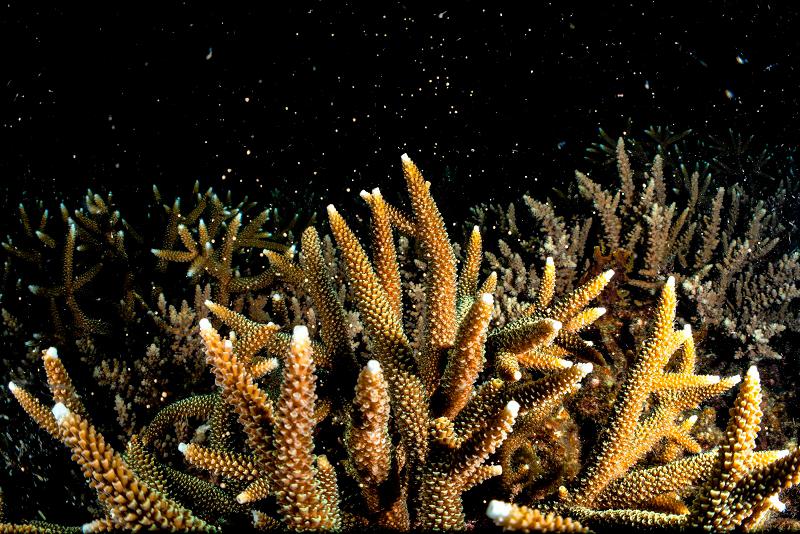PETALING JAYA: Coral biologist Assoc Prof Dr Tan Chun Hong said the increasing sea temperature is set to impact the entire human ecosystem.
Tan, who is attached to the Universiti Malaysia Terengganu Science and Marine Environment Faculty, was commenting on the June 23 Fisheries Department statement that more than 50% of coral reefs in Malaysian marine parks are affected by mass bleaching.
It said the problem was noted at marine parks such as Pulau Layar in Kedah, Pulau Perhentian, Pulau Redang and Pulau Tenggol in Terengganu, Pulau Tioman in Pahang and Pulau Pemanggil in Johor.
Tan said the rising sea temperature is a global issue and marine species that rely on coral reefs for shelter and food would be the most affected by its degradation.
“In degraded reefs, where there is a decline in live coral cover or loss of structural complexity, fish become more vulnerable to predators.
“Fish, which are an important food source for Malaysians, may experience reduced populations due to the loss of their natural habitats and protective structures provided by healthy coral reefs.”
He said when corals die, they eliminate the smell cues that reef fish and young corals use to navigate and settle into their habitats and even an increase of 1°C or 2°C above the average annual temperature could induce coral stress.
“If the sea temperature continues to increase and the hot water stays for an extended period, the bleached corals will eventually die.”
He said the government must commit to policies related to reducing national carbon emissions, intensify efforts on minimising pollution in marine environments and expand protected areas for coral reefs to bolster their resilience against climate threats.
“Reducing water activities temporarily during mass bleaching events could also act as a mitigation measure to reduce coral stress. However, it is crucial to communicate the plan of action with stakeholders and the public to ensure the objectives are understood.
“Diving and snorkelling could impact coral reefs under certain conditions. Reducing human-induced stress could give corals a better chance of surviving bleaching events and accelerate their recovery rates.”
Universiti Teknologi Mara tourism economics professor Dr Mohd Hafiz Hanafiah said coral bleaching may lead to a possible reduction in tourists, especially to destinations such as Pulau Redang.
“Local businesses are likely to experience fewer customers and reduced income due to decreased tourist interest in the area.”
He said the economic impact of coral bleaching could be significant, such as coral bleaching events in 2016 and 2017 at the Great Barrier Reef in the Coral Sea on Australia’s northeastern coast that led to some RM4.7 billion of losses in tourism revenue.
“While statistics for affected Malaysian marine parks are not readily available, I believe similar trends can be expected. In the Maldives, coral bleaching has caused some resorts to report a significant drop in bookings.”
He said without significant efforts to protect and restore coral reefs, regions such as Pulau Redang or Pulau Tioman could see a steady decline in tourism and local communities could face economic hardships.









